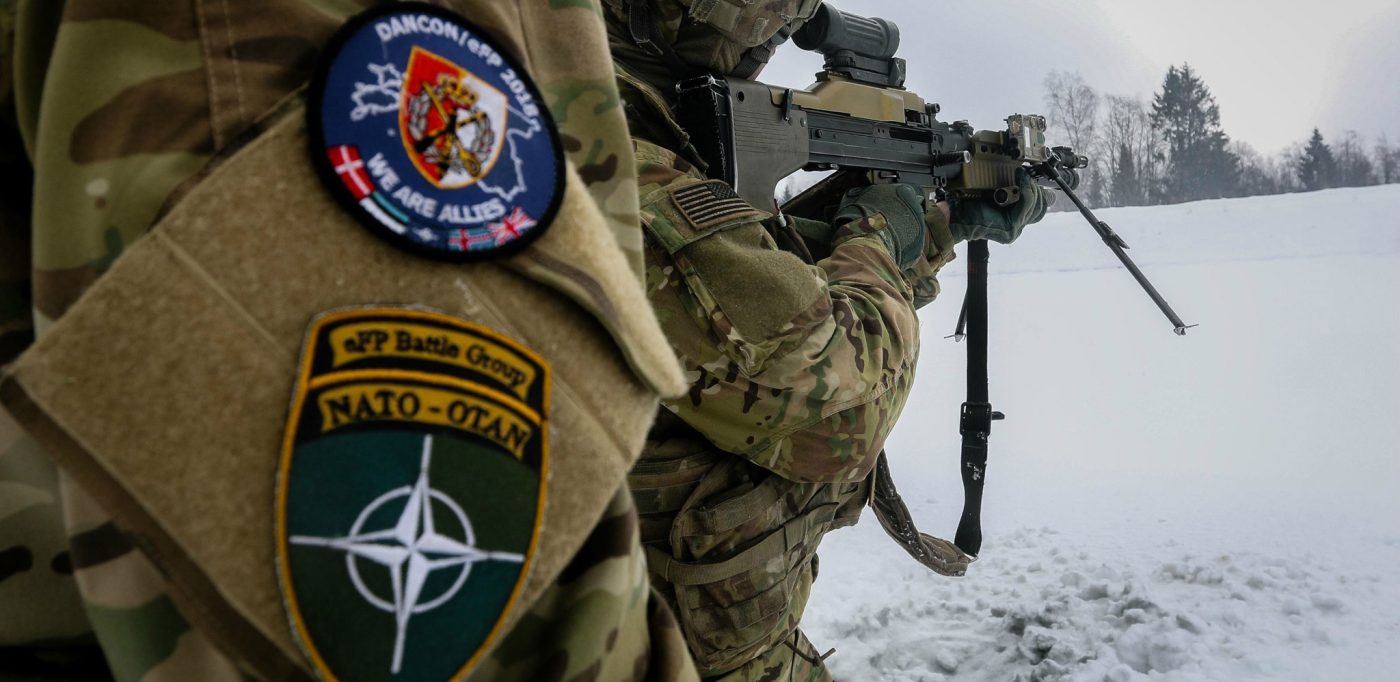NATO is more than a balance sheet. It is an alliance based on shared interests and values. Reports that President Donald Trump wants to charge allies the full cost of any U.S. military presence on their soil, plus a 50 percent surcharge, suggests (not for the first time) that the Commander-in-Chief fails to understand his country’s strongest geopolitical asset.
True, allies can be a nuisance. They need things at inconvenient times and can fail to show up when asked. They sometimes pick fights, lose their nerve, and spend money on the wrong things. All that can be said by Americans of their NATO allies. People in those countries could say the same things about the United States.
But not having allies is even worse. It is bad in the most straightforward military terms. Some allies have real capabilities. But even if their armed forces are weak or old-fashioned, they provide other things that help in military operations: logistics, real estate, and intelligence are some of them. Allies can also be useful in making war less likely. They make sanctions effective. They apply diplomatic pressure. They help solve problems early and cheaply.
A united West can put pressure – at least in theory – on China. The United States alone, as the administration is discovering, cannot. If you are in a world of great power competition, you had better make sure your power is as great as possible. Building that stockpile of influence and loyalty takes years of husbandry.
There is a less tangible dimension too. Shared sacrifices in the past, and shared ideals about the future, help make values credible at home and abroad. A country that fights alone risks giving the impression that its statecraft is motivated solely by greed, vainglory, and other selfish interests. The phrase, “rules-based international order” sounds a bit threadbare these days. But it has a better ring to it than “ruthless Hobbesian world in which might equals right.”
But it boils down to this. The United States does not have bases in wealthy European and East Asian countries out of charity. It is there because of bitter experience: staying out of regions that matter merely means that eventual intervention is late and costly. This is why, for all their flaws and imbalances, the transatlantic (and transpacific) alliances have survived for decades.
President Trump is threatening this huge success story in important ways. One is by stoking anti-Americanism. Faced with large, unexpected bills, voters may tell their politicians not to pay. Some countries might respond by billing the United States for their efforts in Iraq and Afghanistan. If the White House indeed starts pulling out troops from Europe to punish the non-payers, NATO’s ability to carry out its military mission will be crippled. Where would the U.S. Air Force be without Ramstein? Or the Sixth Fleet without Naples? So too will U.S. efforts in other theaters.
A deeper and more serious problem is that by reducing the transatlantic military relationship to an invoice, the president casts doubt on the U.S. security guarantee. You pay to have U.S. troops on your soil. Do you pay extra if they agree to die defending your country? And is there some kind of premium-package deal where Washington agrees to risk nuclear war if you are attacked? Such thinking corrodes the bonds that hold the alliance together – and embolden adversaries.
“So what?” some people may shrug. “It’s a cold world out there. Let the Europeans see how they enjoy looking after their own defense.” The world is indeed bleak and chilly. But if your friends and neighbors are shivering from cold and fear, your own house may seem a bit less comfortable.
Europe’s Edge is CEPA’s online journal covering critical topics on the foreign policy docket across Europe and North America. All opinions are those of the author and do not necessarily represent the position or views of the institutions they represent or the Center for European Policy Analysis.





